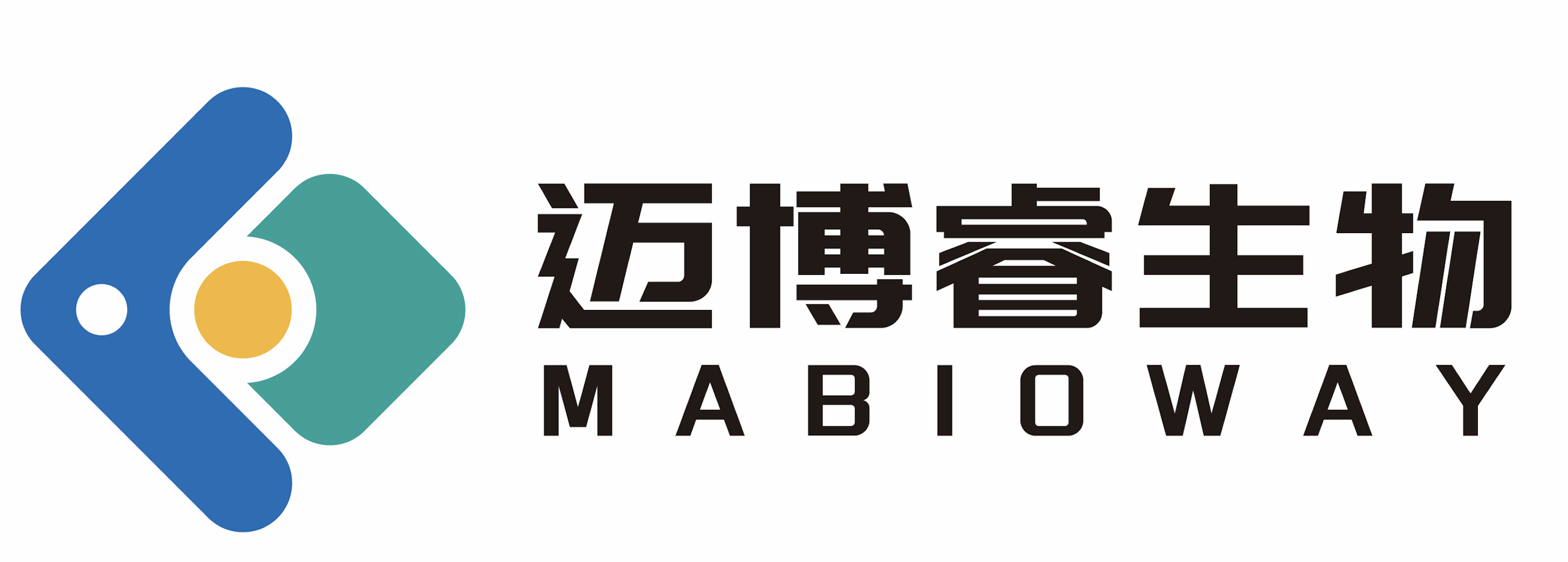Cat. No.
MABL-1288
Application
FC, Block, ELISA
Isotype
Engineer antibody
Species Reactivity
Human, Cynomolgus Monkey
Clone No.
CP-675,206 (Tremelimumab, 11.2.1)
From
Recombinant Antibody
Specificity
This antibody binds human and cynomolgus monkey CTLA4 and does not cross react with mouse, hamster, rat, or rabbit CTLA4.
Alternative Names
CD152; CTLA4; Cytotoxic T-lymphocyte protein; Cytotoxic T-lymphocyte- associated antigen 4
UniProt
P16410
Immunogen
The original antibody was generated by immunizing XenoMouse® mice with cells expressing human CTLA-4 recombinantly.
Application Notes
Formerly known as ticilimumab, this anitbody is a fully human anti-huCTLA4 antagonist. It binds human and cycynomolgus monkey CTLA4 in flow cytometric analysis. It binds immobilized human and monkey CTLA4-Ig with average affinities of 0.28 and 0.98 nM, respectively. It is also reported that this antibody does not induce release of cytokines and also does not bind to human leukocyte Fc receptors. It blocks binding of human CTLA4-Ig to immobilized B7.1 and B7.2 with average IC50 values of 0.65 and 0.50 nM in competition binding studies. It was reported to enhance IL-2 and interferon-gamma production in human T cell blasts stimulated with B7-positive Raji cells and also enhanced IL-2 production in a concentration dependent manner in human and cynomolgus monkey whole blood (WB) and peripheral blood mononuclear cells (PBMC) stimulated with staphylococcal enterotoxin A (SEA) superantigen (Hansen et al, 2004). Phase I clinical trial with patients having advanced solid malignancies revealed that this antibody was safe and well tolerated and the related autoimmunity caused is reversible (Camacho et al., 2004). Phase 1 clinical trials in patients with advanced melanoma suggested that this antibody can be safely administered in a recommended dosage of 10 mg/kg every month and has antitumor activity in melanoma at monthly doses consistent with prolonged CTLA4 blockade (Ribas et al., 2005). It is also reported that therapy with this antibody reduces regulatory T cells and IL-10 production in patients with advanced:malignant melanoma (Reuben et al., 2005).
Antibody First Published
Hanson et al. Preclinical in vitro characterization of anti-CTLA4 therapeutic antibody CP-675,206. Cancer Research, Volume: 64, Page: 877-877. PMID
Note on publication
Describes the in vitro characterization of this antibody.
Size
100 μg Purified antibody.
Concentration
1 mg/ml.
Purification
Protein A affinity purified
Buffer
PBS with 0.02% Proclin 300.
Storage Recommendation
Store at 4⁰C for up to 3 months. For longer storage, aliquot and store at - 20⁰C.


